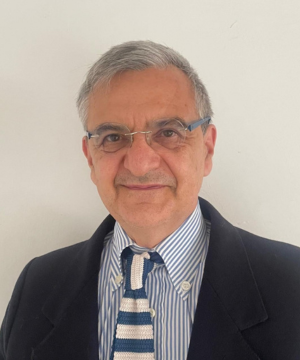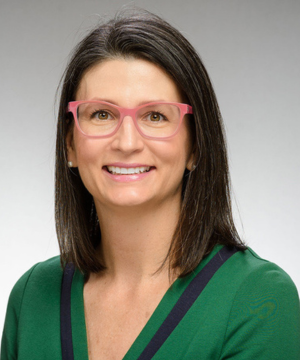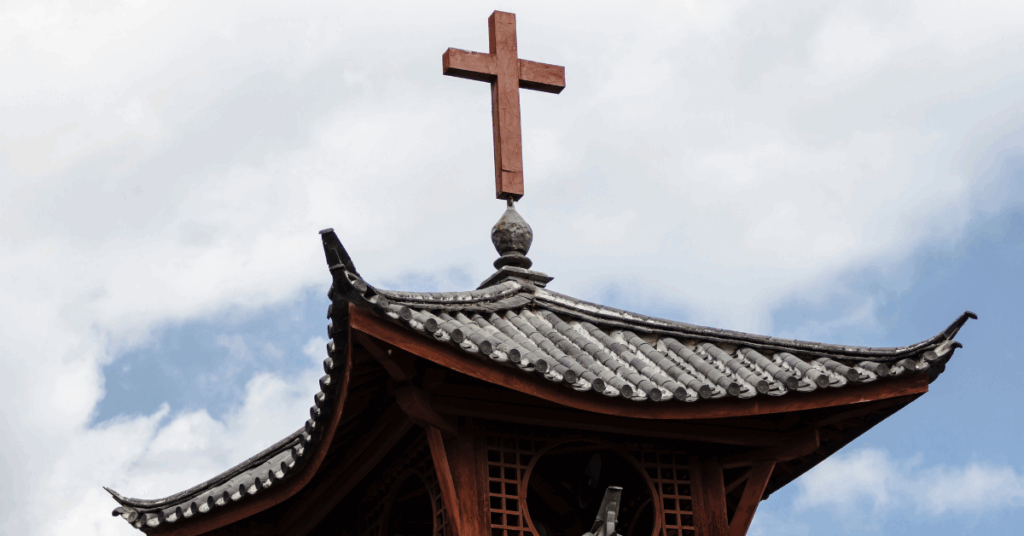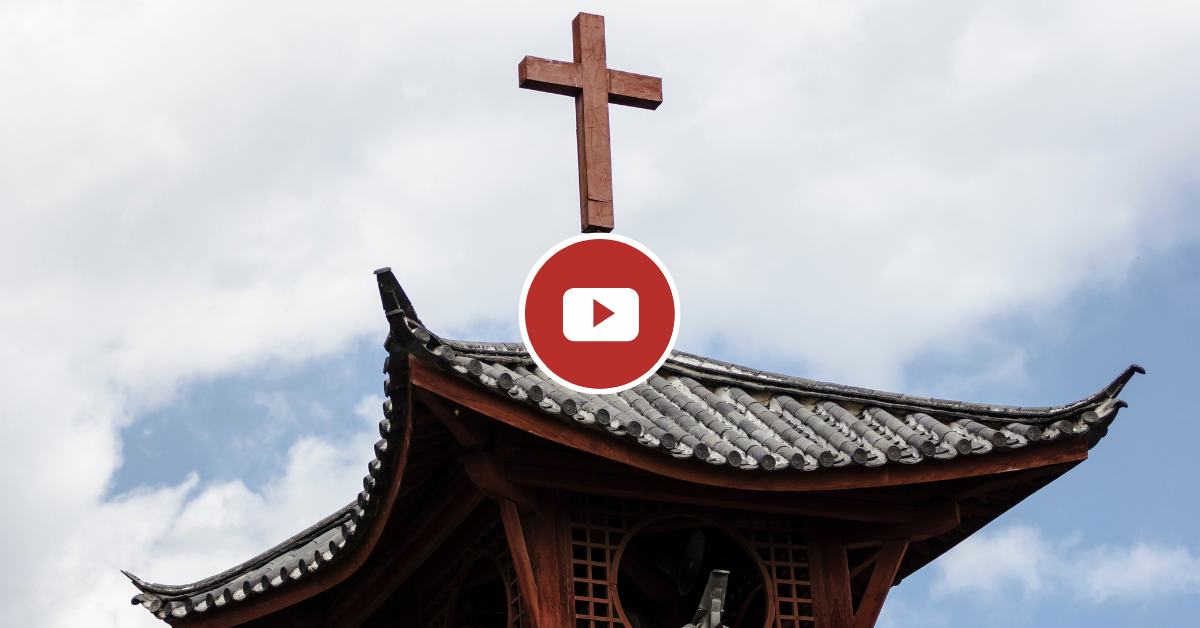Sunday, August 17, 2025 | 3:00 PM EDT
The death of Pope Francis came at a delicate moment in the Vatican’s relationship with China. Since 2018, the Holy See has pursued a cautious and often controversial diplomatic engagement with Beijing to maintain the Church’s relevance in China while navigating the Chinese Communist Party’s strict control over religion.
This approach has unfolded against a backdrop of repression of underground clergy and growing pressure from Beijing for the Vatican to sever ties with Taiwan. For observers, this period offers insight into how a global religious institution operates within a system in which space for religion and civil society is tightly constrained. With the new pope’s first hundred days behind him, long-standing questions about religious freedom, geopolitical recognition, and the boundaries of engagement remain central, and may take on new dimensions under his leadership.
In a conversation recorded on August 17, Ian Johnson, Francesco Sisci, and Karrie Koessel discuss the key issues currently shaping China–Vatican relations and how they may evolve under the new pope.
Speakers

Ian Johnson
Ian Johnson is a Pulitzer Prize-winning writer focusing on society, religion, and history. He has been engaged with China for the past 35 years, writing on the country’s search for faith and values, as well as efforts to control dissent and history. He is a 2024-2025 fellow at the Berlin Institute for Advanced Study, where he is writing a new book on China. He also contributes to The New York Review of Books, The New Yorker, and regularly speaks in the media and to public audiences about China. He is the founder of the China Unofficial Archives, an online repository of hundreds of samizdat magazines, books, and underground films.
His work has been recognized by the National Endowment for the Humanities, which awarded him a Public Scholar grant; a solo Pulitzer Prize for his reporting on China; Stanford University’s Shorenstein prize for his body of work on Asia; a grant from the Open Society Foundation; a Nieman fellowship at Harvard University; the American Academy of Religion’s award for best in-depth news writing; and a Robert B. Silvers Foundation grant for work-in-progress.

Francesco Sisci
Francesco Sisci is an Italian sinologist, author, and columnist based in Rome. He is director of the Appia Institute and a frequent contributor to journals and think tanks on geopolitics. In 2016, he conducted the first-ever papal interview on China, which received unprecedented coverage in Chinese state media.
Dr. Sisci’s column Sinograph runs in Asia Times, and he is a regular commentator on international affairs for China Central Television. He has also contributed to Limes, the Italian Journal of Geopolitics, and the Treccani Encyclopedia. His journalism career includes serving as Beijing correspondent for ANSA and writing for leading Italian newspapers such as Il Sole 24 Ore, Corriere della Sera, and La Stampa.
Beyond journalism, Dr. Sisci served as director of the Italian Institute of Culture in China, advised the Italian Ministry of Environment on Sino-Italian cooperation, and since 2004 has coordinated the largest cooperation program between Italy and the Chinese Communist Party’s Central Party School.
He received his Ph.D. in Chinese classical philology and philosophy from the Chinese Academy of Social Sciences, where he was the first foreigner admitted to the graduate school.
Moderator

Karrie J. Koesel
Karrie J. Koesel is an associate professor of political science at the University of Notre Dame where she specializes in the study of contemporary Chinese and Russian politics, authoritarianism, and religion and politics. She is the author of Religion and Authoritarianism: Cooperation, Conflict and the Consequences and co-editor of Citizens and the State in Authoritarian Regimes: Comparing China and Russia. In addition, she is currently working on a book-length project, “Learning to Be Loyal: Patriotic Education in Authoritarian Regimes.” Her work has appeared in World Politics, Perspectives on Politics, The China Quarterly, Post-Soviet Affairs, Economics and Politics, Demokratizatsiya, and the Review of Religion and Chinese Society. Dr. Koesel earned her Ph.D. in government from Cornell University (2009) and won the 2010 American Political Science Association Aaron Wildavsky Award for the best dissertation on religion and politics. She is a fellow in the National Committee on U.S.-China Relations Public Intellectuals Program.

